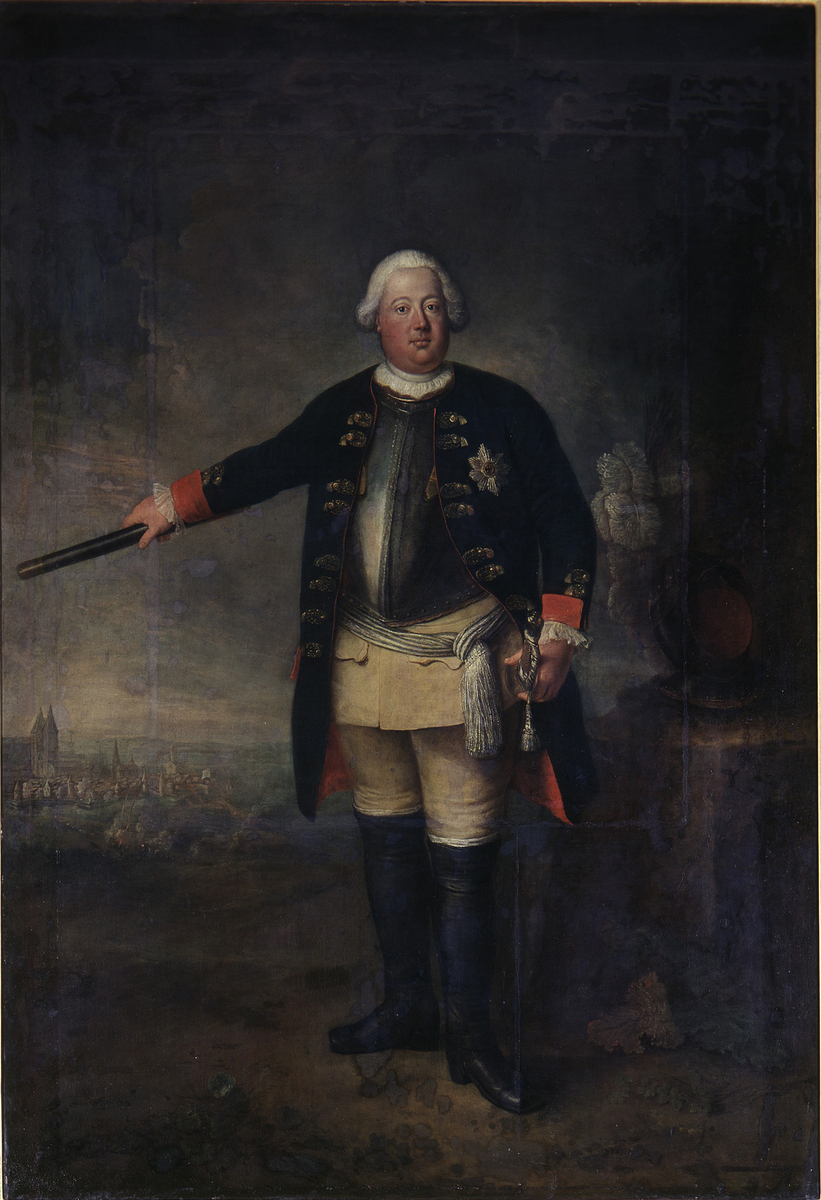Abstract
By the time Frederick William I (r. 1713-40) acceded to the throne in
1713 he had already gained considerable influence on Prussian politics,
having reordered the country’s finances and removed factionalized
officials from office. Realizing that Prussia was precariously situated
between the great powers, he exercised caution in foreign policy, making
few territorial gains and generally avoiding war. His domestic and
economic policies were highly effective, however. Among other
accomplishments, Frederick William I’s government settled numerous
peasant colonists and worked to stabilize the circumstances of peasant
subjects on state domains and noble estates. His policies laid the
foundation for the triumphant rise of Prussia under his son, Frederick
II (“the Great”) (r. 1740-86).
